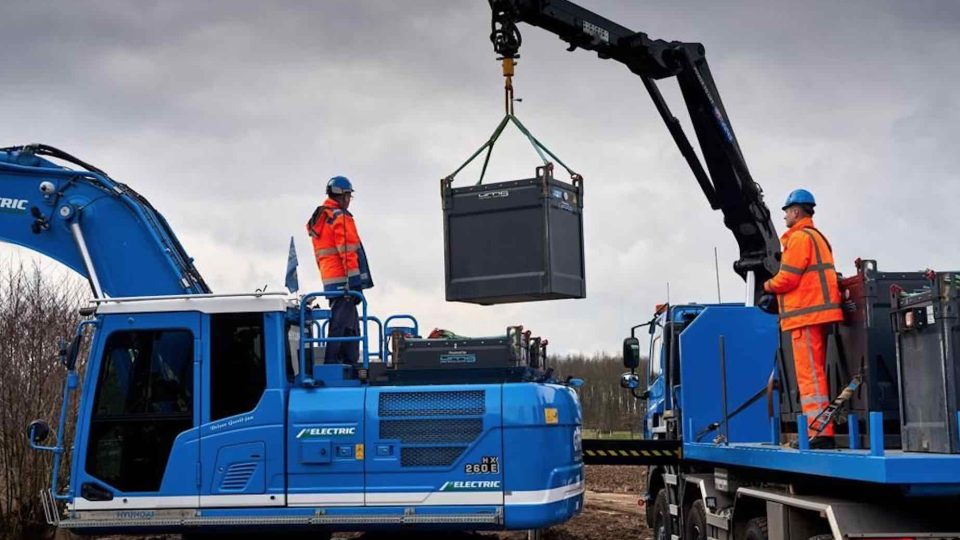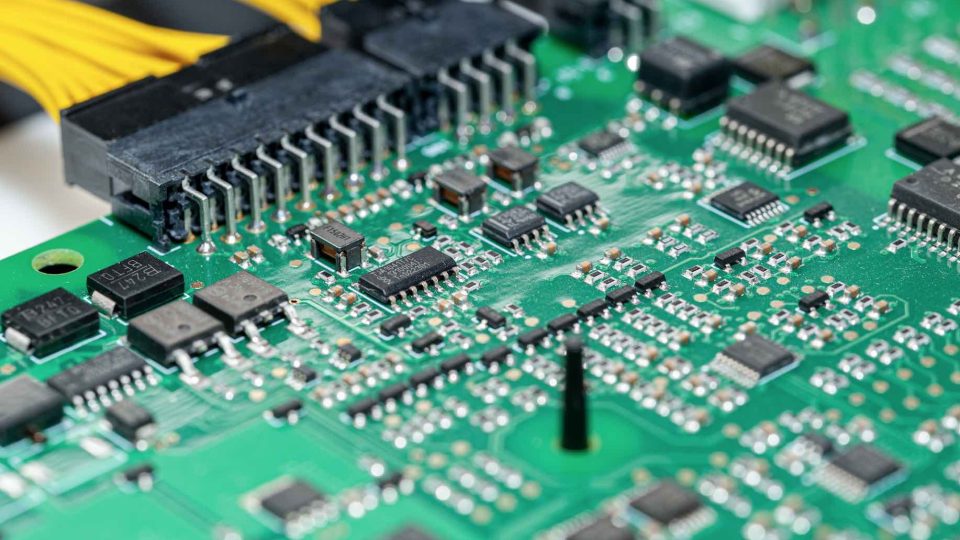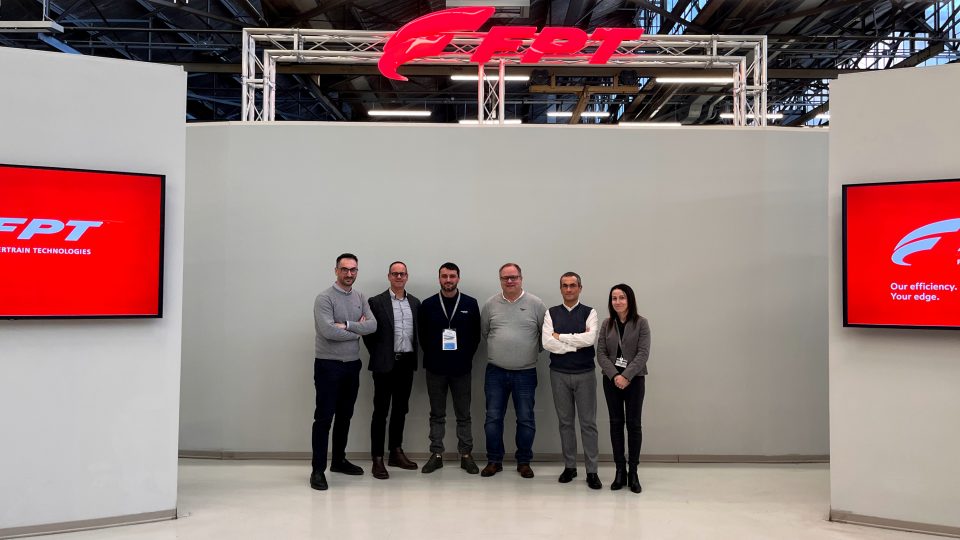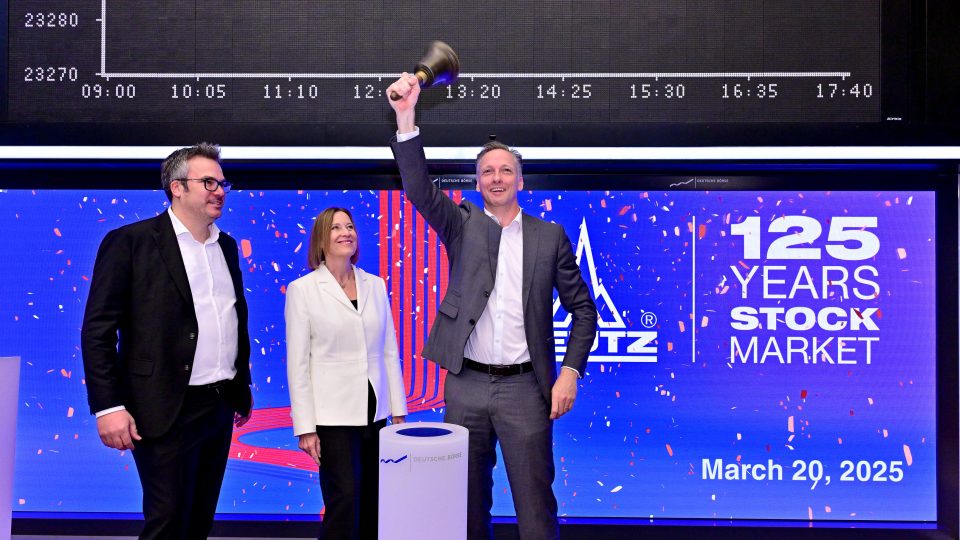Volvo and Daimler Trucks will produce fuel-cell systems for heavy-duty trucks
Volvo and Daimler Trucks, together for hydrogen. It’s not at all a breaking news, as we talked about it in this post, last April, when the two primary companies announced a 50 percent joint venture aimed at joining forces for the development of hydrogen technology and the production of fuel-cell systems. Within the agreement signed […]
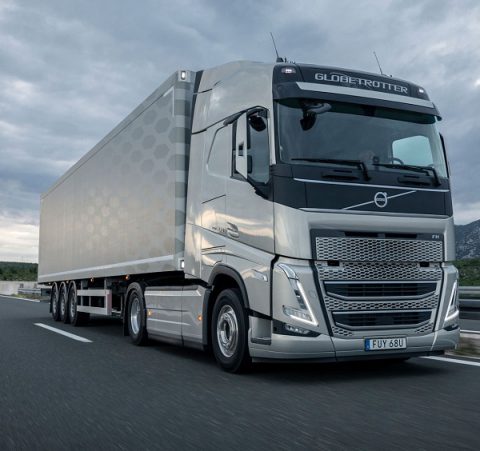
Volvo and Daimler Trucks, together for hydrogen. It’s not at all a breaking news, as we talked about it in this post, last April, when the two primary companies announced a 50 percent joint venture aimed at joining forces for the development of hydrogen technology and the production of fuel-cell systems. Within the agreement signed back in Spring, the two global players had specified that they would remain competitors in all the other business areas, such as automotive technology or fuel-cell system integration on the vehicles.
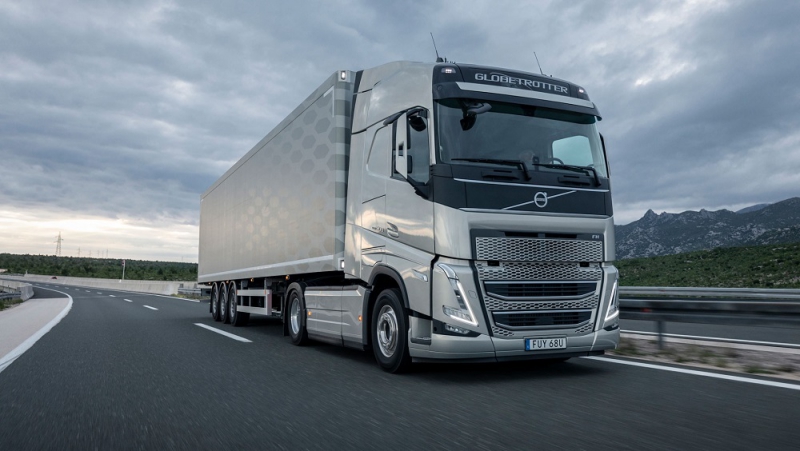
Volvo and Daimler for fuel-cell systems: focus on heavy-duty trucks
Now, it’s time for some more details on the production of fuel-cell systems, rather essential for large-scale deployment of hydrogen. Volvo and Daimler Trucks stated that the joint venture has the target to «develop, produce and commercialize fuel-cell systems for use in heavy-duty trucks as the primary focus, as well as other applications. The ambition of both partners is to make the new company a leading global manufacturer of fuel-cells, and thus help the world take a major step towards climate-neutral and sustainable transportation by 2050. The Volvo Group will acquire 50 percent of the partnership interests in Daimler Truck Fuel Cell for approximately 0.6 billion euro on a cash and debt-free basis. Closing of the transaction is expected during the first half of 2021».
Power generation is another target of the joint-venture
«In addition to trucks, there are also other areas of application for this type of fuel-cell system. The joint venture will develop a system with several power stages, including a twin system with 300 kW continuous power for heavy-duty long-haul trucks. Based on the demanding conditions in heavy-duty truck applications, the joint venture’s products are also ideally suited for other use cases such as stationary power generation».
The testing phase regarding fuel-cell powered trucks available to potential customers if foreseen in about three years. On the other hand, the serial production is currently foreseen in the second half of the decade.




